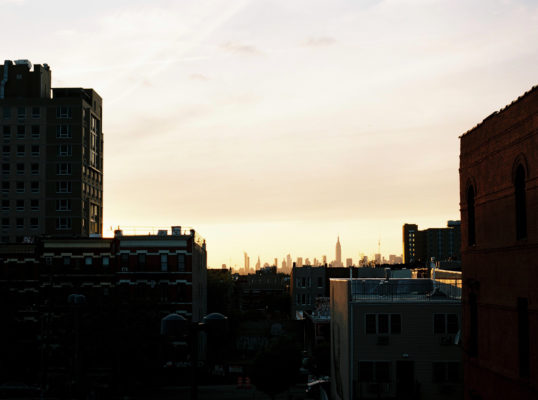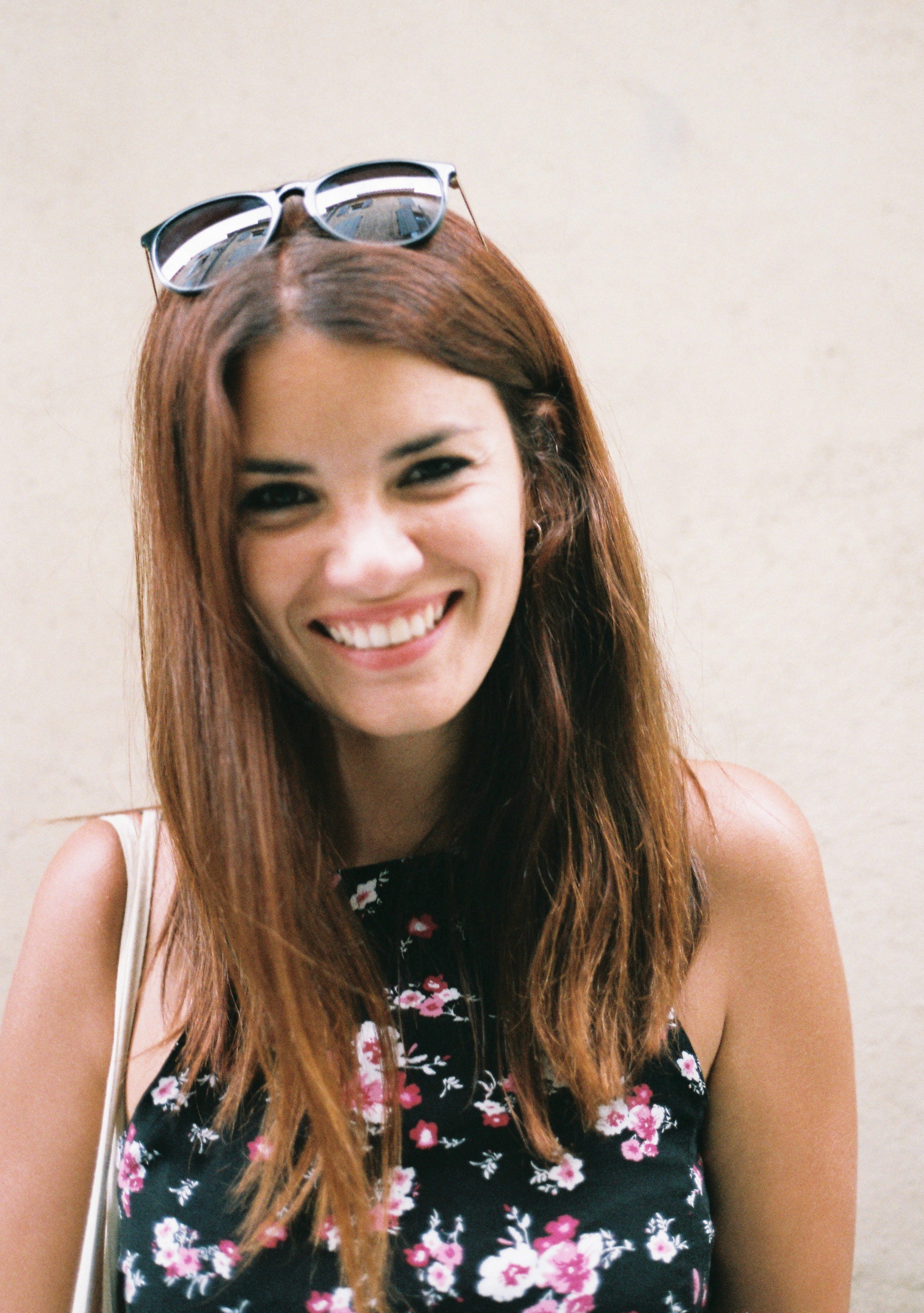Search
To search for an exact match, type the word or phrase you want in quotation marks.
A*DESK has been offering since 2002 contents about criticism and contemporary art. A*DESK has become consolidated thanks to all those who have believed in the project, all those who have followed us, debating, participating and collaborating. Many people have collaborated with A*DESK, and continue to do so. Their efforts, knowledge and belief in the project are what make it grow internationally. At A*DESK we have also generated work for over one hundred professionals in culture, from small collaborations with reviews and classes, to more prolonged and intense collaborations.
At A*DESK we believe in the need for free and universal access to culture and knowledge. We want to carry on being independent, remaining open to more ideas and opinions. If you believe in A*DESK, we need your backing to be able to continue. You can now participate in the project by supporting it. You can choose how much you want to contribute to the project.
You can decide how much you want to bring to the project.

I left home for the last time on March 13th. Since then I have been getting an idea of the outside world through what others are telling me. In that image, public space has disappeared. There are still people in the streets, but now with a document that justifies their presence there. Otherwise they are just anyone, anonymous individuals without a mouth or fingerprints. Everything that gives meaning to daily life – relationships, affections, higher activities, technical gaps – is reserved for the house. Monuments, avenues and squares are now deserted. There is no place for contemplation. Walking the streets has become an automatism wrapped, on the other hand, in a halo of mistrust.
Is it possible that entire cities have transmuted into non-places? Cities like airport corridors, like subway stations, reduced to the space between houses. Urban elements lose their value in favour of moving bodies. We move away from, towards or away from the margins of the road to avoid other people. The separation between individuals prevails over traffic lights and zebra crossings as the only rule of circulation. All communication or interpersonal relationships are excluded.
Everyday life has been fractured and old ghosts have emerged from the gap. Fear of an invisible enemy or uncertainty about a blurred future runs through us all to a greater or lesser extent. The history that we build on everyday life, which allows us to find our position in the social context, has been filled with gaps. Thus, from the first days of the confinement, the need to compose a new narrative that gives us back that illusion of stability is imposed. But it is not enough to reorder our world. To be able to grasp it, it has to be told, thus being recognised by the other. It is not in vain that our social networks, now the last stronghold of exchange, have been filled with domestic representations, daily planners and photographs of freshly baked bread.
This reminds me of Deleuze and Guattari’s idea of “ritornelo” as an act of providing oneself with a safe inner territory in a strange environment. In the work Mille Plateaux (1980), the authors exemplify this concept with the little ditty that a child sings when he or she walks through a place that is hostile and threatening. Somehow sharing our routine, like that ditty, serves the function of giving us a familiar simulation that comforts us in the face of the forces of chaos. The fact is that we are living in a situation of which we have no reference, which pierces our story and leaves it incomplete. All that remains is for us to go through this dark and uncertain moment singing, sheltered behind the photographs of our freshly baked bread.
(Highlighted Image: Photo Estela Sanchis)

Estela Sanchis moves between curiosity and common sense, between taking the reins or giving up control, surrendering to risk or coming home for dinner. She is an artist, cultural manager and bookseller.
"A desk is a dangerous place from which to watch the world" (John Le Carré)